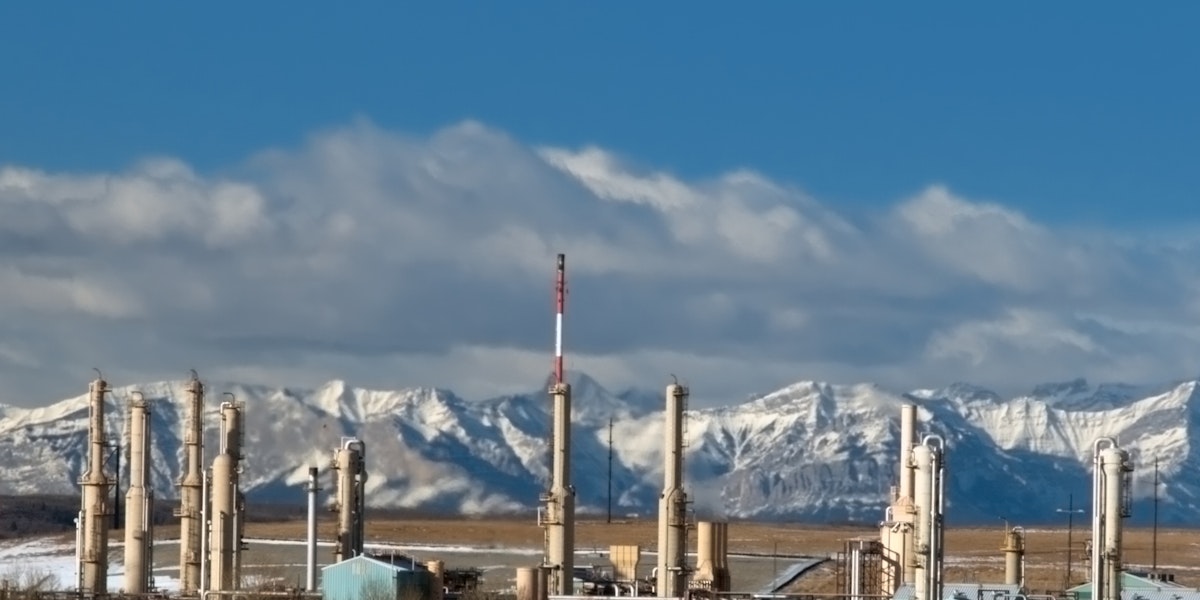About this report
This report offers an overview of the role of certification in natural gas supply chains, provides a broad mapping of existing initiatives, highlights selected regulatory and market developments, identifies areas where improvements may be needed, and presents recommendations to support the development of credible certification frameworks.
Certified natural gas refers to gas whose environmental and social attributes – such as greenhouse gas (GHG) emissions performance, water use, local community impacts and worker safety – have been independently verified against defined criteria or benchmarks. In 2024, around 7.5% of global natural gas production was certified, with volumes primarily originating from North America.
As certification continues to evolve, opportunities remain to improve consistency, transparency and coverage across the full supply chain. To support further progress, the report outlines potential policy actions for governments to consider –such as international collaboration on harmonisation, setting minimum standards for certification, and exploring ways in which certification could complement emerging regulatory and market frameworks.
While not a standalone solution, certification can enhance transparency and performance on GHG emissions across natural gas supply chains. This can support broader efforts to reduce emissions and strengthen energy security by improving accountability and easing comparability across different supply chains.
